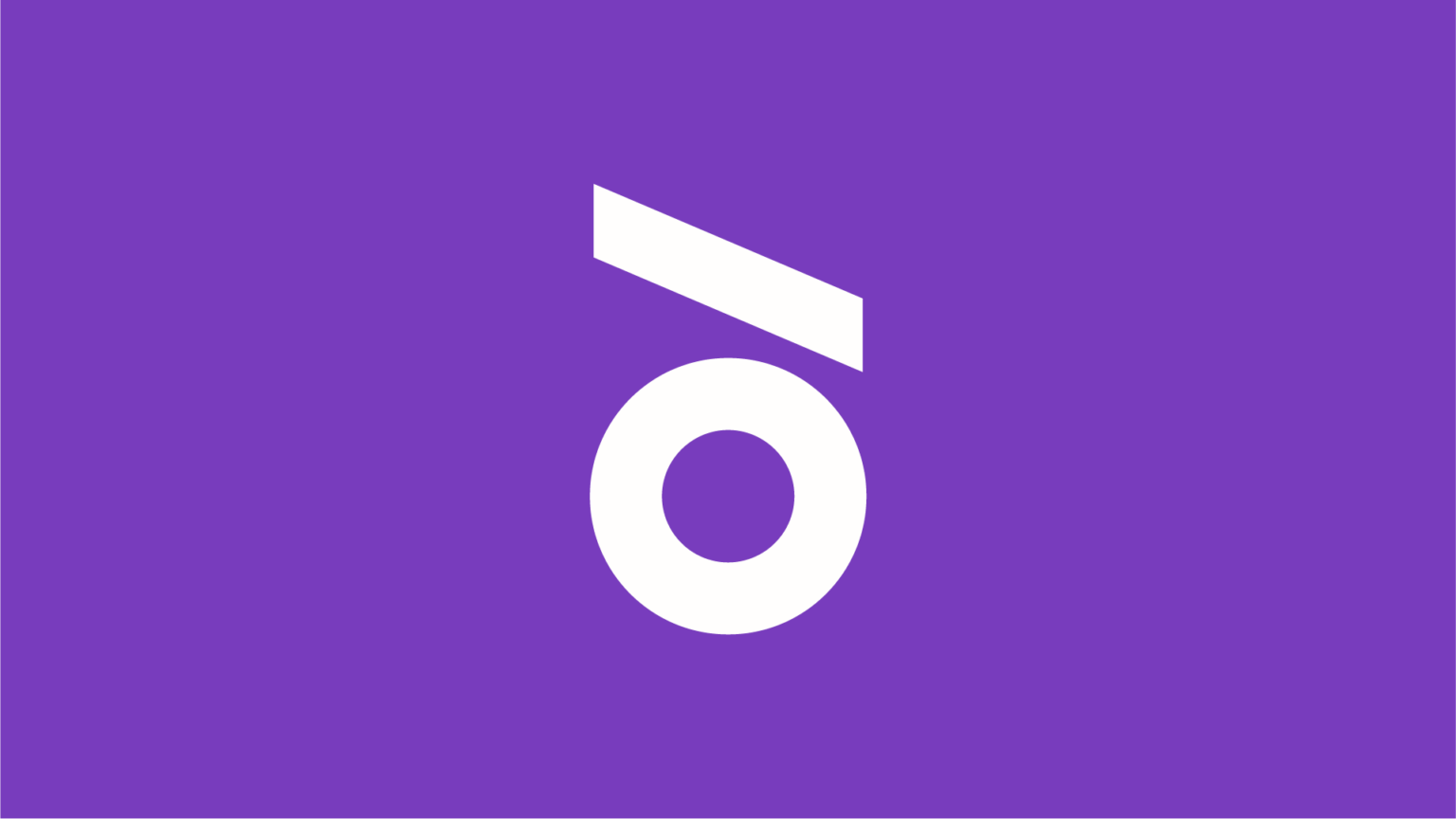The report on access to health care is the third of the series, following the report “Homeless and Hopeless” regarding access to housing applicants and beneficiaries of international protection and the report “Seeking a New Life ― Seeking Employment” which assesses the employment situation of applicants and beneficiaries of international protection in Greece.
The reports were drawn up as part of the project “Do The Human Right Thing – Raising Our Voice for the Refugee Rights”, implemented within the framework of the Active Citizens Fund. Access to health services, as well as the state of health and the different pathological conditions that occur in the refugee population, is inextricably linked to access to housing and employment.
The state of health of refugees and asylum seekers is influenced by their living and housing conditions, with many among them already having impaired health, often even disabilities, because of conflicts, torture, violence in their country of origin, trauma burns, amputations and trauma – with an impact on their mental health as well).
Residents of temporary accommodation facilities and Reception and Identification Centres (RICs) often have infections related to housing conditions, such as symptoms of scabies, gastrointestinal disorders and respiratory infections. At the same time, concentration of large populations in small spaces increases the chances of prevalence of communicable diseases, while the clinics in RICs and Accommodation Facilities have limited possibilities for providing services.
The provision of health services in a timely manner and of adequate follow-up care after the initial diagnosis/ treatment of vulnerable people present a challenge both for civil society organisations and the National Health System. Furthermore, people without legal documents who live in a state of complete homelessness or are temporary accommodated by members of their community, find themselves in a more disadvantaged position.
Authors
Sotiris Lambrou (Diotima Dentre)
Download PDF_ENG
**Τhe “Do the human right thing – Raising our Voice for Refugee Rights” project is implemented under the Active citizens fund program, with Project Promoter the Greek Council for Refugees (GCR) and Partner Organizations the Center Diotima, the International Rescue Committee Hellas (IRC) and Popaganda.
The Active citizens fund in Greece is supported through a € 12m grant from Iceland, Liechtenstein and Norway as part of the EEA Grants 2014 – 2021. The program aims to develop the sustainability and capacity of the civil society sector in Greece, and to strengthen its role in promoting and safeguarding democratic procedures, active
citizenship and human rights. The Fund Operator for the Active citizens fund in Greece is Bodossaki Foundation in consortium with SolidarityNow.
More information: www.activecitizensfund.gr/en/





